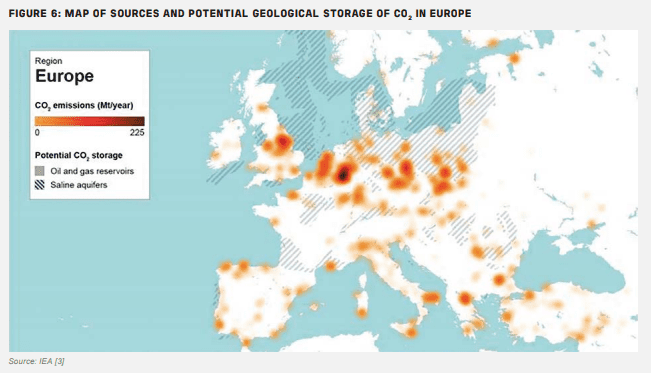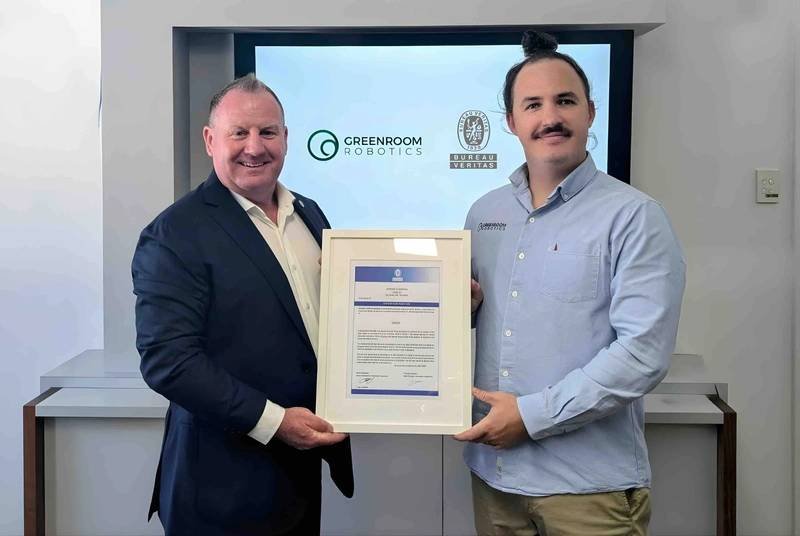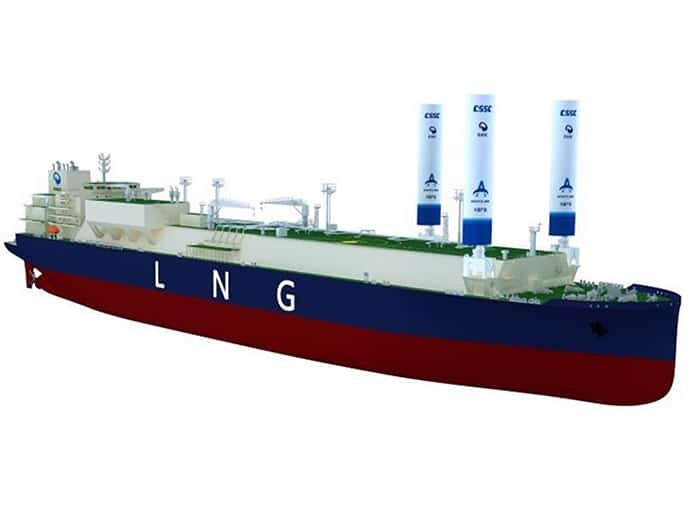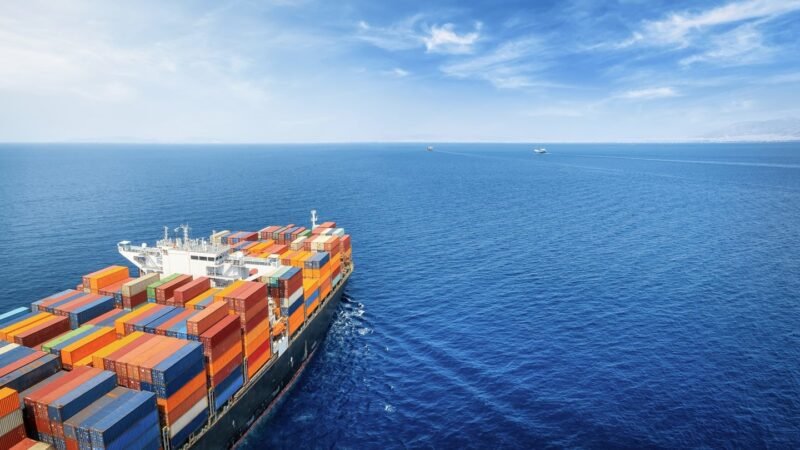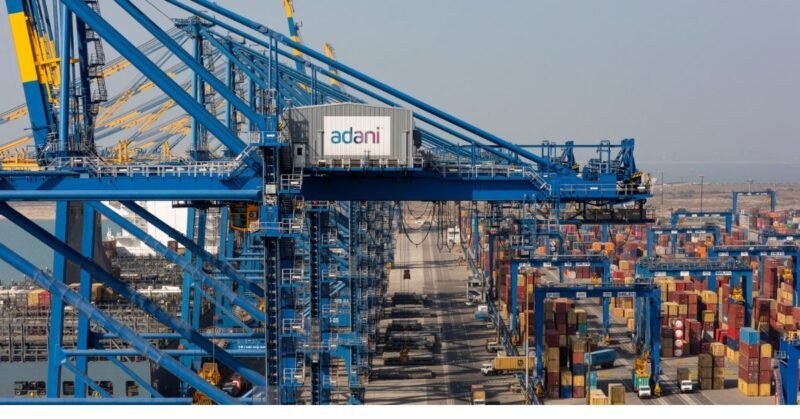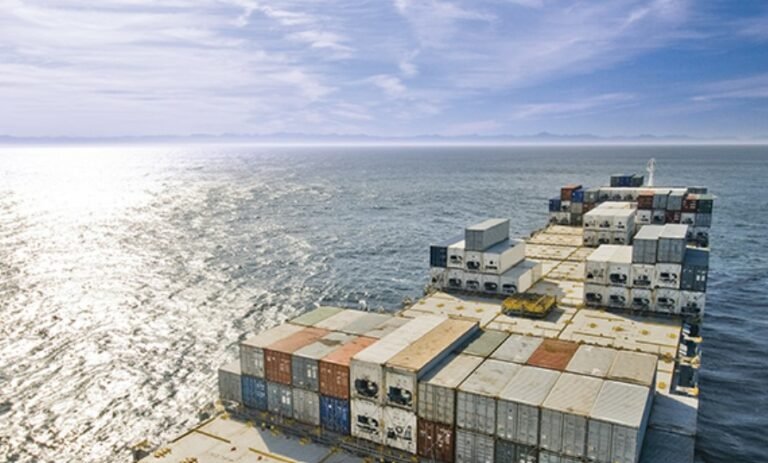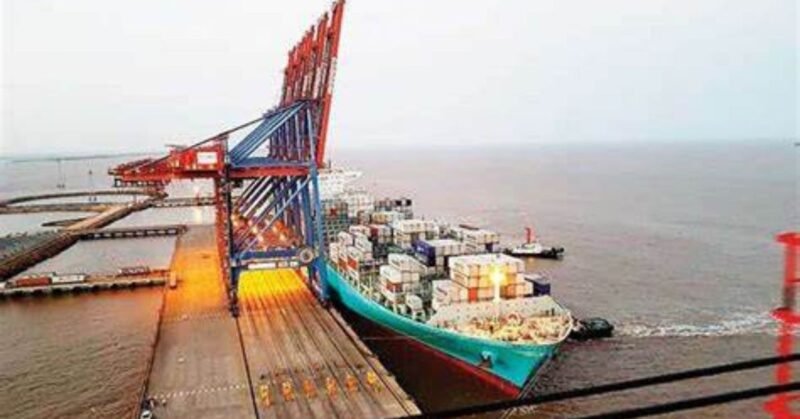Bureau Veritas (BV) has released a report assessing the technical viability of carbon capture & storage (CCS) technology in the marine market. Titled “Onboard Carbon Capture: An Overview of Technologies to Capture CO2 Onboard Ships,” the report explores emerging CCS technologies and their feasibility onboard vessels, with studies showing achievable capture rates between 82% and 90%. Challenges to wider adoption include regulatory frameworks and operational concerns like space limitations and safe CO2 handling.
The report concludes that carbon capture technologies offer flexibility to the shipping industry, reducing emissions while sustainable fuels become more available. Various technological options for capturing CO2 exist, with post-combustion carbon capture using amine solvents being the most mature method. While not a standalone solution, carbon capture must be used alongside other decarbonization strategies to achieve emissions reduction goals.
Recognizing the role of carbon capture in decarbonizing the maritime sector, the BV report highlights the potential for shipping to facilitate the development of a global carbon capture, utilization, and storage (CCUS) value chain. By integrating carbon capture technology within the overall CCUS value chain, the maritime industry could contribute to a circular CO2 economy and meet ambitious decarbonization targets.


